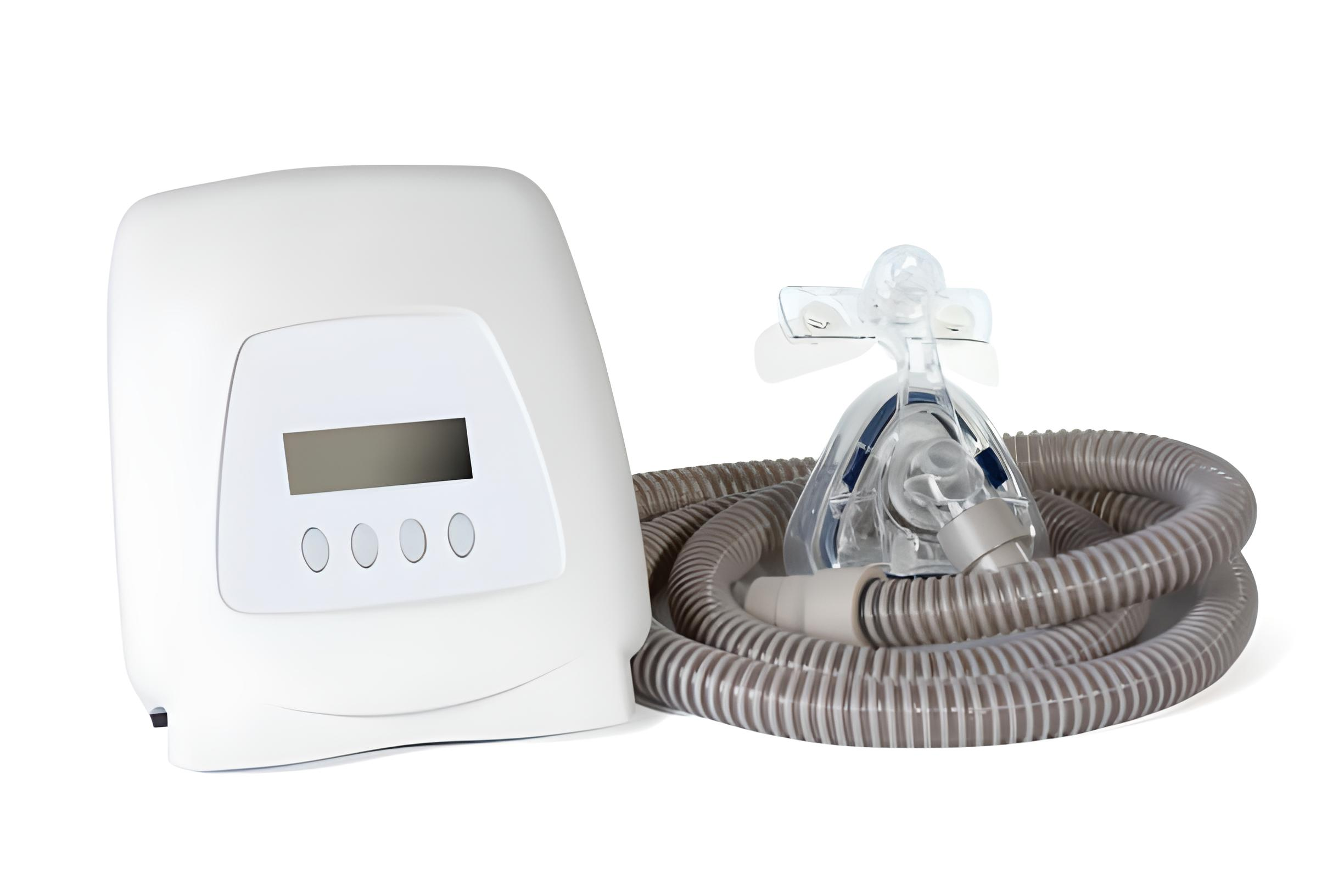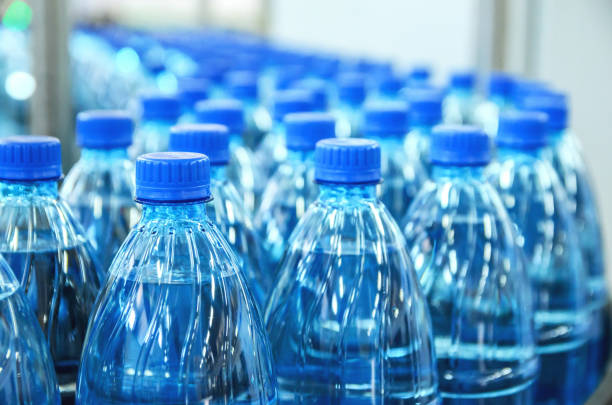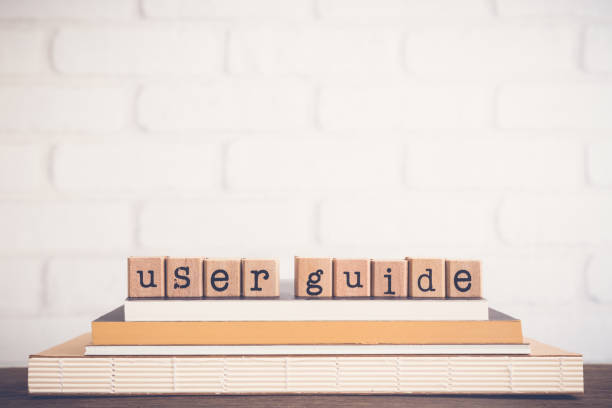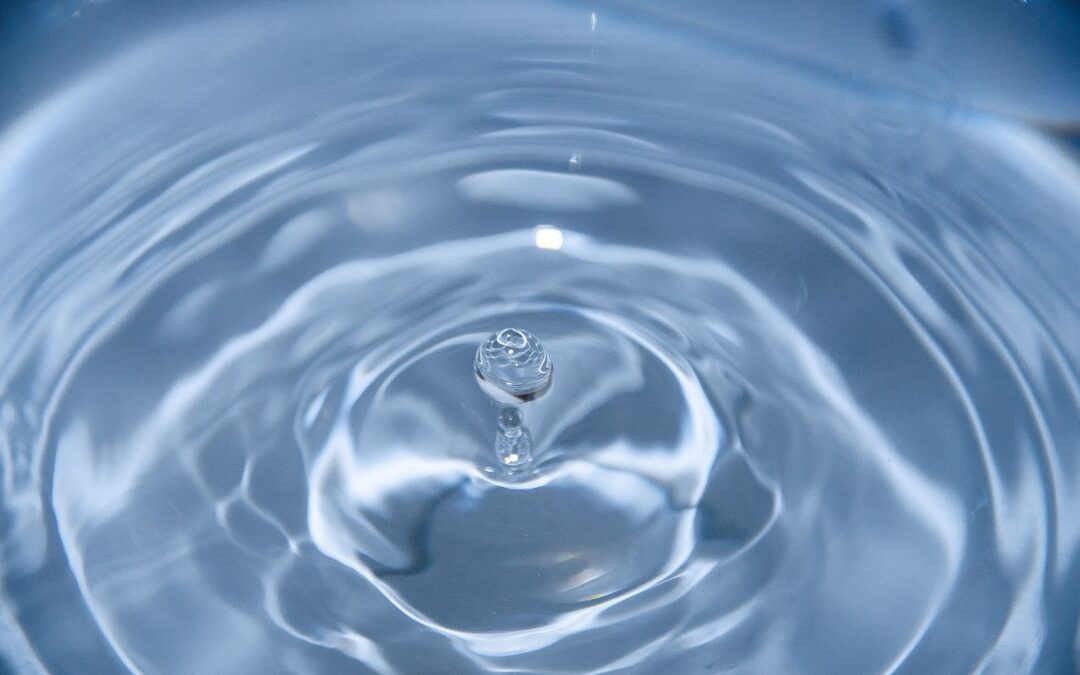Distilled vs bottled water for CPAP machines presents a crucial choice for many individuals managing sleep apnea, a condition that significantly impacts sleep quality and overall health.
CPAP machines are a cornerstone in the treatment of sleep apnea, ensuring uninterrupted breathing by providing a steady flow of air. The use of water in these machines, particularly in their heated humidifiers, is essential for ensuring comfort and effectiveness. However, the type of water used—whether distilled or bottled—can have significant implications for both the user’s health and the maintenance of the machine.
This article delves into the debate, evaluating the pros and cons of each option to determine the best choice for CPAP users.
Understanding CPAP Machines

In the context of the distilled vs bottled water for CPAP machine debate, it’s essential to understand the fundamentals of CPAP devices.
CPAP, which stands for Continuous Positive Airway Pressure, is a therapy system extensively used in the treatment of sleep apnea, a condition marked by frequent interruptions in breathing during sleep. A CPAP machine ensures a constant flow of air, maintaining open airways and facilitating uninterrupted breathing.
Water in a CPAP plays a pivotal role in these machines, especially within the humidifier water chamber. The humidifier’s function is to add moisture to the air delivered by the CPAP machine. This moisture is crucial in preventing the dryness and irritation in the respiratory tract often caused by the continuous airflow.
The kind of water used, whether distilled or bottled, directly impacts the user’s comfort, as well as the operational efficiency and lifespan of the CPAP device. The right water choice is essential to prevent complications such as mineral buildup in the machine or exposure to harmful chemical contaminants, making it a critical decision for CPAP users.
Also Read: A Comprehensive Guide To CPAP Machine Side Effects
The Role of Water In CPAP Therapy
Understanding the role of water in CPAP therapy is vital for CPAP users, especially when weighing the merits of distilled vs bottled water.
In CPAP machines, water is primarily used in the humidifier component, playing an indispensable role in patient comfort and machine functionality. The humidifier moistens the air that is delivered through the mask, alleviating the dryness and irritation that can otherwise occur due to the continuous airflow.
The quality of the water used in CPAP machines, particularly purified water, is of paramount importance. High-quality water ensures that the humidifier functions optimally, providing consistent moisture without introducing harmful substances.
Conversely, water with high mineral content, as often found in tap water or some types of bottled water, can lead to mineral deposits in the machine, impairing its efficiency and potentially leading to costly repairs.
Furthermore, water that contains chemical contaminants can pose health risks to the user, making the choice between distilled and bottled water a significant one. This choice not only impacts the longevity and performance of the CPAP machine but also the health and well-being of the individual relying on it for a restful night’s sleep.
Distilled Water: Pros And Cons
Distilled water, a key player in the distilled vs bottled water for CPAP device debate, is water that has been boiled into vapor and then condensed back into liquid in a separate container. This process removes impurities and minerals from the water, making it an appealing choice for CPAP therapy.
Pros:
- Prevention of Mineral Deposits: The absence of minerals in distilled water means there is a significantly lower risk of mineral buildup in the CPAP humidifier. This buildup can clog the machine over time, reducing its efficiency and lifespan.
- Reduced Maintenance: Using distilled water can simplify the maintenance of CPAP machines, as the reduced mineral content means less frequent cleaning and descaling is required.
- Health Safety: Distilled water is devoid of contaminants and microorganisms, ensuring that the air breathed in is clean and less likely to cause respiratory issues or allergies.
Cons:
- Availability and Convenience: Depending on the user’s location, distilled water might not be as readily available as tap or bottled water, and it may require extra effort or expense to obtain regularly.
Bottled Water: Pros And Cons

Bottled water, available in varieties such as spring water and mineral water, offers several options for CPAP machine users. Each type has its unique characteristics that can affect CPAP therapy.
Pros:
- Convenience: Bottled water is widely available in most stores, making it a readily accessible option for CPAP users.
- Mineral Content: Some bottled waters contain minerals that can be beneficial for health. This aspect is especially relevant for users who prefer mineral-rich water for their hydration needs.
- Taste and Comfort: For those using their CPAP machines for respiratory relief during the day, the taste of the water, particularly with certain bottled waters, can be a consideration.
Cons:
- Risk of Mineral Deposits: Using bottled water, especially types high in minerals, can result in mineral buildup in the CPAP machine, requiring more frequent maintenance.
- Chemical Contaminants: Some bottled waters may contain low levels of chemical contaminants or microplastics, potentially posing health risks.
Distilled Vs. Bottled Water For CPAP Machine
When it comes to CPAP therapy, the choice between distilled and bottled water hinges on various factors that can impact both the effectiveness of the treatment and the longevity of the CPAP machine.
Mineral Content
- Distilled Water: Virtually free of minerals and impurities, distilled water minimizes the risk of mineral deposit buildup in CPAP machines, reducing maintenance needs and prolonging machine life.
- Bottled Water: Depending on the type (spring or mineral water), bottled water can introduce minerals into the CPAP system, potentially leading to deposits that necessitate more frequent cleaning and can shorten machine lifespan.
Availability And Accessibility
- Distilled Water: While highly beneficial for CPAP machines, distilled water may not be as readily available as bottled water and might require specific trips to the store or preparation at home.
- Bottled Water: It is widely accessible in most regions, offering convenience, particularly for those who travel or need to use their CPAP machine in different locations.
Cost Considerations
- Distilled Water: While buying distilled water can add up in cost over time, it is generally a less expensive option compared to most bottled waters when considering the reduced maintenance and longer machine life.
- Bottled Water: Regular purchase of bottled water can be more costly, especially if opting for premium brands or types with added minerals.
Making Your Own Distilled Water For CPAP Machines
For CPAP users considering distilled water, a cost-effective and practical option may be to make it at home. Homemade distilled water can be a feasible alternative to store-bought, especially for those who prefer a more self-sufficient approach.
Guide To DIY Distilled Water
- Boiling Water Method: The simplest method involves boiling tap water to produce steam and then condensing this steam back into water. This can be done by boiling water in a large pot, placing a smaller pot inside to collect the distilled water, and using a lid to direct condensation into the smaller pot.
- Cooling and Condensation: To enhance the condensation process, the lid of the pot can be inverted and filled with cold water or ice. This creates a temperature difference that aids in condensing the steam more effectively.
- Collection and Storage: Once the water has condensed and dripped into the smaller pot, it can be collected. It’s important to store this distilled water in clean, sterile containers to maintain its purity.
Feasibility And Safety
- Practicality: Making distilled water at home is practical for those who have the time and inclination to do so. It requires basic kitchen equipment and a bit of patience.
- Safety Considerations: The DIY method is generally safe, provided that the equipment used is clean and the boiling is done carefully. However, it’s important to ensure that the distilled water is free of contaminants and stored properly to maintain its purity.
- Quality Control: While homemade distilled water can be effective for CPAP use, it may not always achieve the same level of purity as commercially distilled water. Users should be mindful of this, especially if they have specific health concerns or sensitivities.
Making your own distilled water for CPAP machines is a viable option that can offer convenience and cost savings. However, it requires a certain level of commitment and attention to detail to ensure the water’s safety and effectiveness.
Recommendations From CPAP Manufacturers

When navigating the distilled vs bottled water for CPAP debate, it’s crucial to consider the guidelines and recommendations provided by CPAP manufacturers. These expert opinions often serve as a reliable source for determining the ideal type of water for CPAP machines.
Most CPAP manufacturers advocate for the use of distilled water in their machines. The primary reason is to prevent mineral deposits from accumulating in the CPAP humidifier, which can impair the machine’s performance and reduce its lifespan. Distilled water, due to its purity and lack of minerals, is seen as the safest and most effective choice for maintaining the CPAP machine in optimal condition.
In addition to preventing mineral buildup, manufacturers also emphasize the health benefits of using distilled water. Since it’s free from chemical contaminants and microorganisms, distilled water reduces the risk of respiratory infections and allergies, which are significant considerations for CPAP users, especially those with sleep apnea.
While some manufacturers acknowledge that bottled water can be used as a temporary solution, especially in situations where distilled water is not available, they generally advise against it as a long-term solution. The varying mineral content and potential presence of chemical contaminants in bottled water can lead to unexpected maintenance issues and potential health risks.
It’s also worth noting that some CPAP manufacturers provide specific recommendations for making your own distilled water, emphasizing the need for careful boiling and proper storage to ensure its purity and effectiveness for CPAP use.
User Considerations: Health And Maintenance
For CPAP users, the choice between different types of water—distilled or bottled—extends beyond just the machine’s functionality; it also encompasses personal health and the ongoing maintenance of the CPAP equipment.
Health Implications
- Allergies and Sensitivities: The purity of distilled water makes it a preferred choice for individuals with allergies or respiratory sensitivities. By using distilled water, users can avoid the allergens or microorganisms that might be present in tap or some bottled waters.
- Risk of Infections: Using water with contaminants, which can sometimes be the case with certain bottled waters, increases the risk of respiratory infections. Distilled water, with its lack of impurities, minimizes this risk.
Maintenance And Longevity of CPAP Machine
- Mineral Buildup: The use of tap water or mineral-rich bottled water can lead to mineral deposits in the humidifier and other parts of the CPAP machine. This buildup necessitates more frequent cleaning and can shorten the lifespan of the device.
- Preventive Care: Utilizing distilled water reduces the need for frequent maintenance, as it prevents mineral buildup and keeps the machine running more efficiently and for longer periods.
Explore Resway For Your CPAP Needs Now!
In the distilled vs bottled water for CPAP debate, distilled water is often the preferred choice for CPAP users, offering benefits in machine longevity and health safety. While distilled water helps prevent mineral deposit buildup and is free from contaminants, bottled water’s convenience may appeal in certain scenarios.
For a comprehensive range of CPAP accessories, including water options, visit our Amazon store, Resway.
Ultimately, distilled water is recommended for its maintenance and health advantages, but always consult a healthcare provider for personalized advice.



